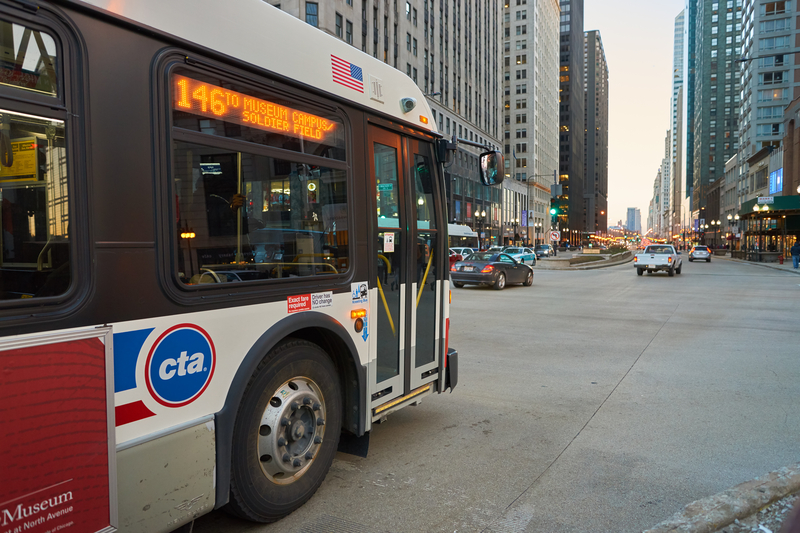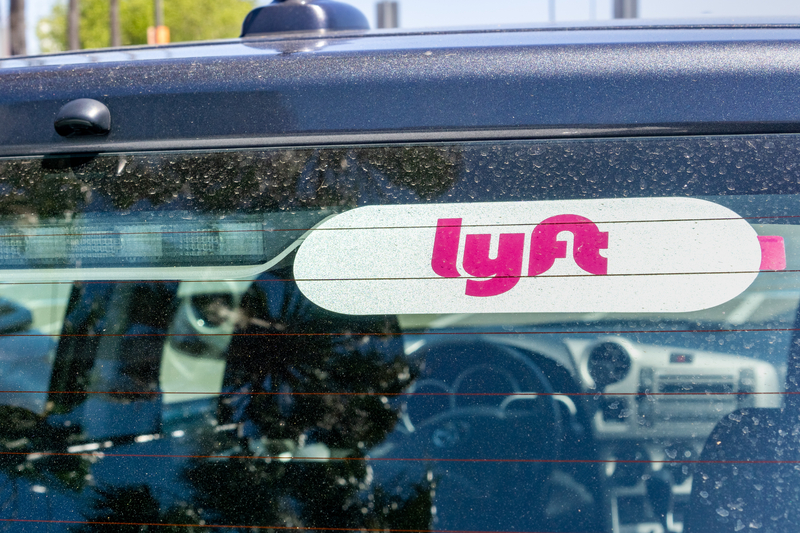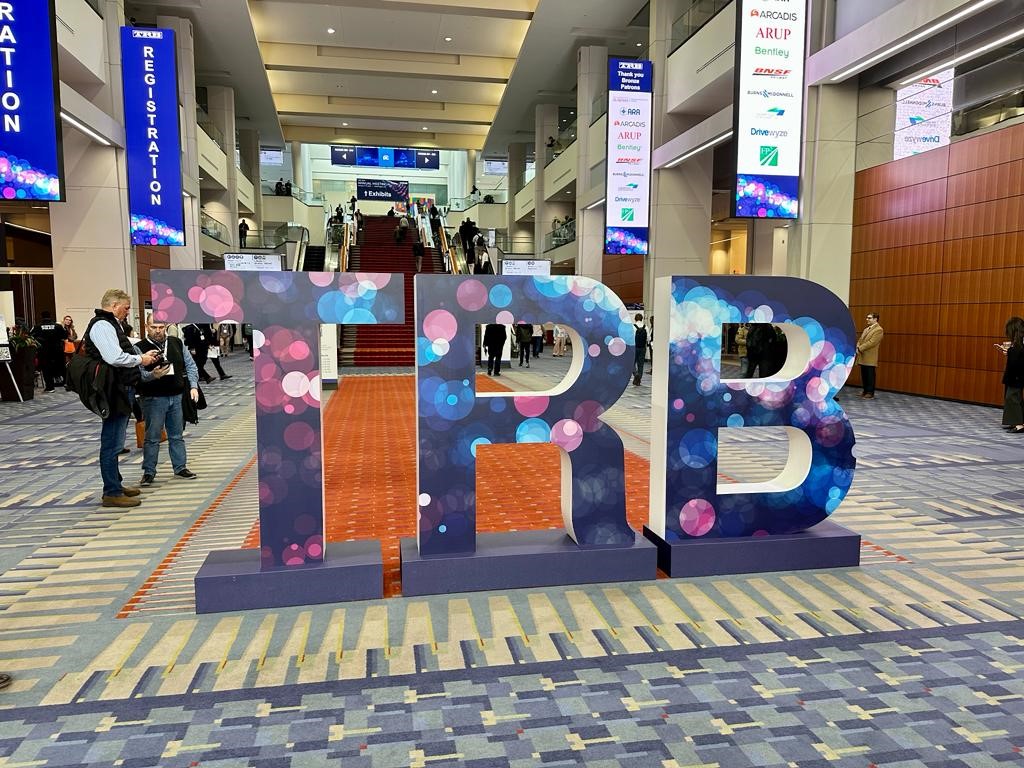
Daimler subsidiary Mercedes-Benz is to develop transportation technology systems aimed at improving urban transportation management and enhance sustainability in the city of Long Beach, California.
The 10-month project stems from an agreement between Mercedes-Benz Research & Development North America, with support from Mercedes-Benz USA Urban Mobility Solutions and artificial intelligence company Xtelligent.
The initiative will include testing an intelligent intersection control system to safely adapt traffic signal timing at select intersections. It will also utilise data analysis from connected test vehicle fleets and existing sensors around the city to provide information that may improve future transportation policy and traffic engineering decisions.
Philipp Skogstad, CEO of Mercedes-Benz Research and Development North America, says: “With our test vehicle fleet, we hope to provide key data to optimise traffic signal timing and reduce congestion.”
Daimler says Mercedes-Benz and Xtelligent will only share test vehicle data with appropriate notices and consents, and any data that must be shared with third parties will be anonymised and aggregated.
The project is part of Long Beach's smart city initiative to utilise data and technology as tools to solve challenges.
According to Daimler, the partnership supports the city's efforts to work with local businesses on leading edge technology and civic impact while also cultivating science, technology, engineering and math (Stem) opportunities for Long Beach students.
Mayor of Long Beach Robert Garcia says: "This project will showcase our city's skilled workforce, provide more Stem learning opportunities for students, and represents our city's continued commitment to building a technology focused ecosystem."
The team will evaluate the results of the pilot and explore opportunities to further develop the effort.












